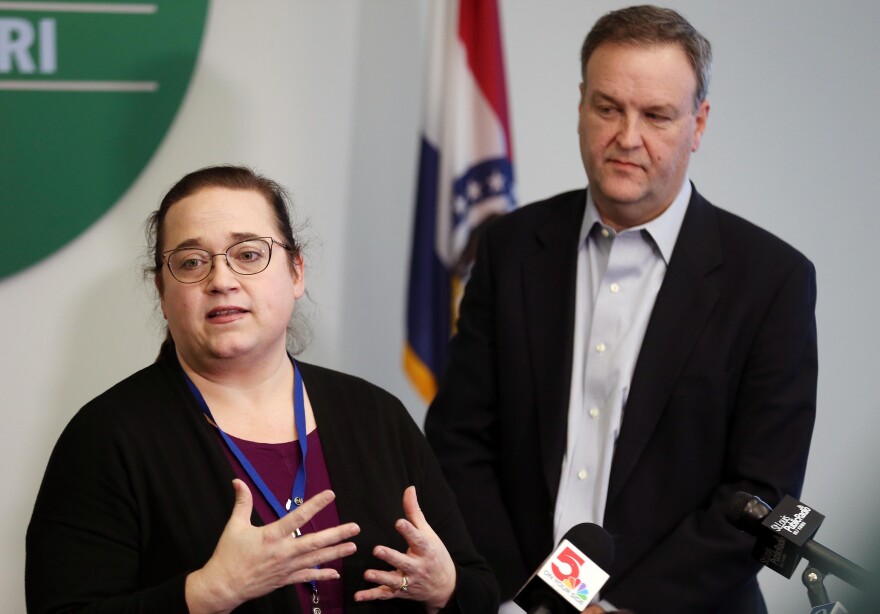The number of black men in St. Louis and St. Louis County who died of opioid drug overdoses increased between 2018 and 2019, even as those deaths declined 7% in the region.
Opioid deaths among black men in St. Louis County went up nearly 50% during that period. Deaths in St. Louis went up 2%.
Public health officials say the greater access white people have to addiction doctors in part explains the disparity. But the fear that some black opioids users have of seeking medical or emergency help also is a factor.
The numbers are a wake-up call, said Spring Schmidt, co-director of the St. Louis County Department of Public Health. Health experts for years have popularized the message that opioid addiction is something that affects everyone, regardless of race, income or class. But that’s changing.
“Opioid deaths were happening everywhere,” Schmidt said. “For many years, while we saw a great disparity between men and women, we saw fairly even results by race between black men and white men.”
In recent years, more people have come to see drug use and addiction as a disease and not a criminal act, she said. As a result, more people are comfortable going to the doctor to receive medical treatment. But like other medical treatments, addiction therapy and medications are easier to get for people who have money, health insurance and who live near a doctor’s office.
Black people are “disproportionately affected by nearly every health outcome there is,” Schmidt said. “As other resources become available in the community, we have to make sure that we are really targeting an equity perspective so that we are finding where the audiences are that are not being served.”
Even if black men who use opioids do find treatment, it might not be a comfortable place for them, said Dr. Kanika Turner, a family practice physician and associate medical director of Family Health Care Centers in St. Louis.
“Those who do obtain access to treatment – how does it look for those black males and black females? At all different points, you may see blacks fall out of treatment sooner compared with whites,” she said.
A lack of black addiction treatment doctors and peer recovery coaches, as well as racial discrimination in therapy, could keep people away, she said.
Many black opioid users fear if they call 911, they’ll be arrested or jailed, she said. There’s a long history of law enforcement treating black drug users and white drug users differently.
“In the black community there’s a feeling of fear that the 'War on Drugs' is going to be the same picture as it was during the '80s and '90s,” she said, referring to policies that criminalized drug use and led to mass incarceration of black men.
“[We’re] trying to also change that messaging in the community, that this is not pointing the finger, blaming you. This is a chronic disease that needs treatment,” she said.
The city and county need to focus on distributing more of the opioid overdose reversal drug Narcan to neighborhoods with large numbers of black people, Turner said. They also need to educate those communities about Missouri's good Samaritan laws, which protect drug users who call 911 to help an overdose victim from arrest.
Turner sees the effects of those scarce resources every day, she said. One black couple living in north St. Louis recently came to her clinic to seek treatment
“I was spending time talking to the black female,” Turner said. “She overdosed and didn’t have any Narcan. She said, ‘My boyfriend just gave me CPR and revived me.’ They live in north city St Louis. We’re probably missing cases like that because people are fearful.”
Follow Sarah on Twitter: @petit_smudge
Our priority is you. Support coverage that’s reliable, trustworthy and more essential than ever. Donate today.
Send questions and comments about this story to feedback@stlpublicradio.org





